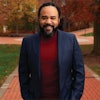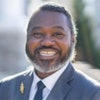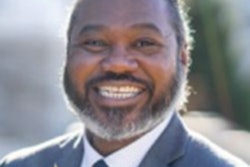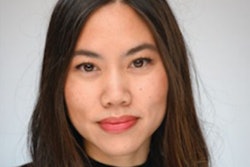Title: Assistant Professor, Department of Political Science, Rockefeller College of Public Affairs and Policy, University at Albany, State University of New York (SUNY).
Education: B.A. English, Haverford College; M.A. international relations, Johns Hopkins University; Ph.D. political science, Yale University
Age: 37
Mentors: Dr. Steven Wilkinson, Yale University; Dr. Tariq Thachil, University of Pennsylvania; Dr. Susanna Wing, Haverford College
Words of encouragement/wisdom: “Don’t chase disciplinary fads. Study what you find interesting. Build a network of supportive peers.”
Although Dr. Niloufer Siddiqui has lived in the U.S. for the past two decades, Pakistan will always feel like home. “I grew up in a very Pakistani household and so being Pakistani was a central part of my identity,” says Siddiqui, a tenure-track assistant professor in the Department of Political Science at the University of Albany’s Rockefeller College of Public Affairs and Policy. Today she is emerging as a distinctive and leading voice on Pakistani politics — examining issues of political violence, religious tolerance, development and democracy.
After graduating from high school in Pakistan, she initially moved to the U.S. in the summer of 2001 to study writing and literature at Pennsylvania’s Haverford College. Just one month after she arrived, however, two planes struck the Twin Towers in New York City.
“As a Muslim and with parents living abroad, 9/11 obviously affected the way I approached my studies and the way I saw my role in this world. ... The years after 9/11 brought Pakistan to the limelight in a lot of ways,” she says, explaining that Pakistan’s proximity to Afghanistan, its position as a nuclear power and the presence of Osama Bin Laden in the country brought it under the scrutiny of Western media.




















